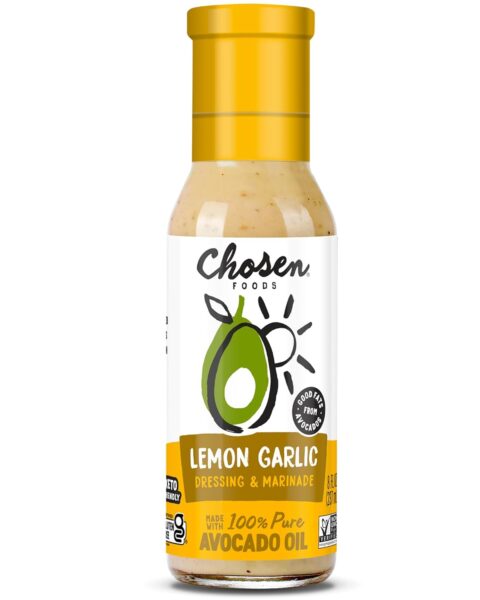Sometimes, it’s easy to overlook the small changes that can make a big difference in how we feel, and one of the simplest ways to boost health is by adding nutrient-packed superfoods to your meals. These foods aren’t just trendy, they’re loaded with vitamins, minerals, and antioxidants that support everything from your heart to your brain. The best part? They’re easy to add into recipes you already love, making it simple to reap the benefits without overhauling your diet.
Contents
- 1 Avocados
- 2 Blueberries
- 3 Spinach
- 4 Chia Seeds
- 5 Salmon
- 6 Broccoli
- 7 Quinoa
- 8 Sweet Potatoes
- 9 Almonds
- 10 Kale
- 11 Garlic
- 12 Turmeric
- 13 Dark Chocolate
- 14 Greek Yogurt
- 15 Pomegranates
- 16 Walnuts
- 17 Beets
- 18 Lentils
- 19 Flaxseeds
- 20 Green Tea
- 21 More From RetailShout
- 22 19 Misconceptions About Food Safety Practices Dispelled
- 23 17 Superfoods That Enhance Brain Function
Avocados

Avocados are a nutrient-dense fruit rich in healthy monounsaturated fats, which help reduce bad cholesterol levels. They are also an excellent source of potassium, which supports cardiovascular health. This superfood contains lutein, which promotes eye health and reduces the risk of age-related macular degeneration. Its creamy texture makes it a versatile ingredient for salads, smoothies, and even as a spread. Avocados also contain folate, essential for cell repair and DNA synthesis. Adding them to your diet may improve heart health and reduce inflammation.
Blueberries

Packed with antioxidants, especially anthocyanins, blueberries are well-known for their ability to combat oxidative stress and inflammation. They are a low-calorie fruit that is also rich in fiber and vitamin C, supporting immune function and skin health. Regular consumption of blueberries has been linked to better brain health, improving memory and cognitive function. Their vibrant color signifies a high content of flavonoids, which may lower the risk of cardiovascular diseases. Blueberries are easy to incorporate into meals, whether in yogurt, cereals, or smoothies. These tiny fruits also support gut health due to their fiber content.
Spinach

Spinach is a dark leafy green that is loaded with nutrients such as iron, calcium, and vitamins A, C, and K. This superfood supports bone health due to its high vitamin K content, which helps improve calcium absorption. Spinach is also an excellent source of antioxidants like lutein and zeaxanthin, which promote eye health. It’s low in calories but high in fiber, making it beneficial for digestive health. Spinach contains compounds that may reduce the risk of cancer and inflammation. Incorporating it into salads, soups, or smoothies is an easy way to boost your nutrient intake.
Chia Seeds
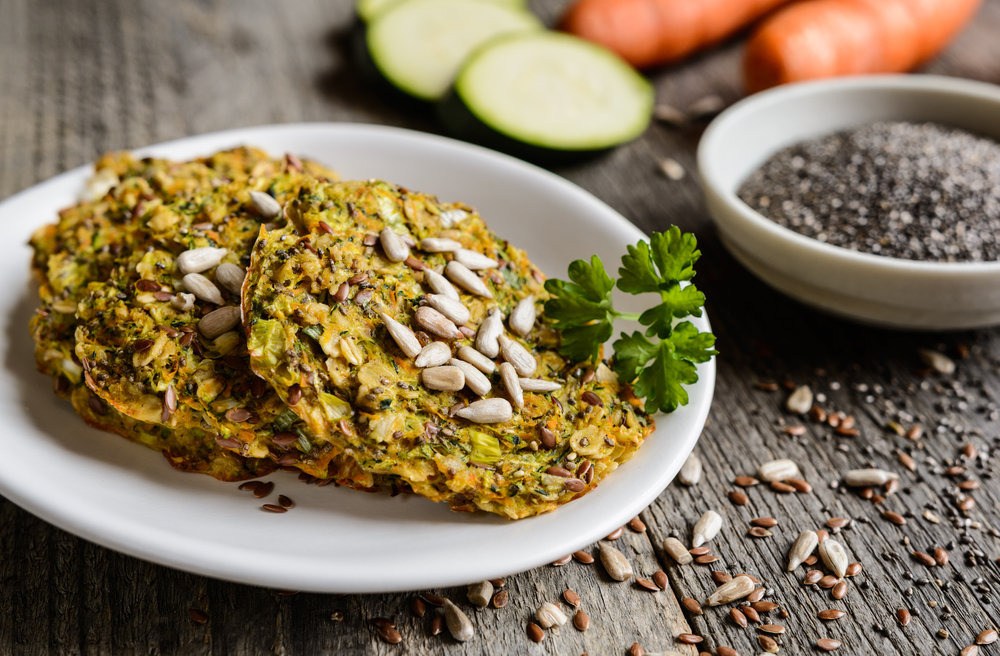
Chia seeds are a rich source of omega-3 fatty acids, fiber, and protein. These tiny seeds expand when mixed with liquid, creating a gel-like texture that aids in digestion and promotes satiety. They are also packed with calcium, phosphorus, and magnesium, contributing to bone health. Chia seeds’ high fiber content helps regulate blood sugar levels and may reduce the risk of type 2 diabetes. These seeds are versatile and can be added to smoothies, yogurt, or oatmeal. They also provide a plant-based source of protein for vegetarians and vegans.
Salmon

Salmon is an oily fish known for its high content of omega-3 fatty acids, which support heart health and reduce inflammation. It’s also rich in high-quality protein, essential for muscle repair and growth. This superfood is packed with vitamins like B12, which supports nerve health, and vitamin D, important for bone health. Regular consumption of salmon has been linked to improved brain function and a reduced risk of depression. The fish is also a good source of selenium, which supports thyroid health. Incorporating salmon into your diet twice a week can offer significant health benefits.
Broccoli
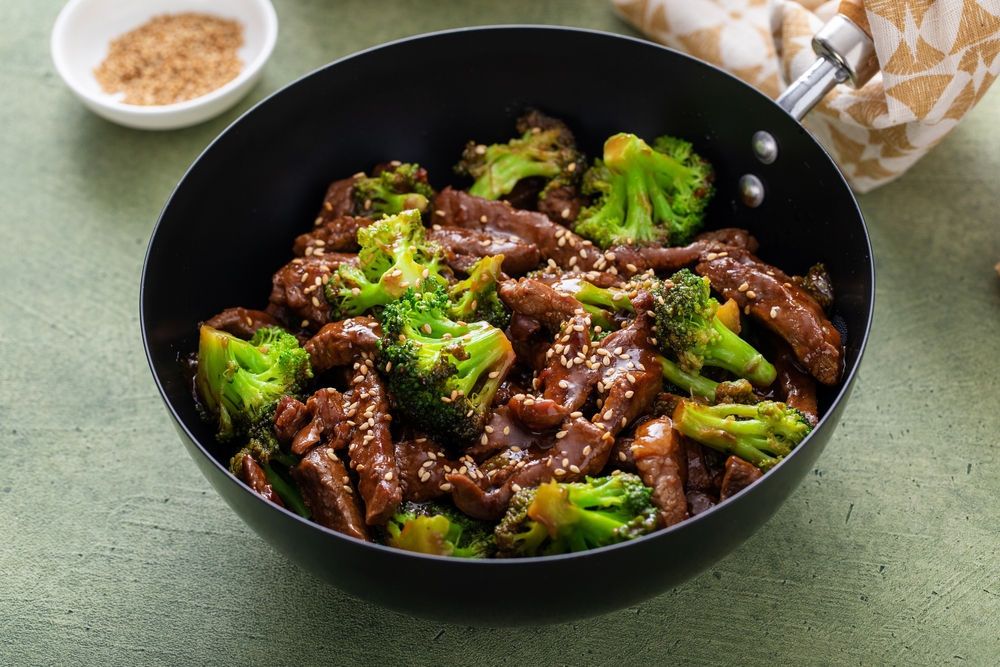
Broccoli is a cruciferous vegetable known for its cancer-fighting properties due to the presence of sulforaphane. It’s an excellent source of fiber, vitamin C, vitamin K, and folate, supporting immune function, bone health, and cell repair. Broccoli also contains compounds that may help detoxify the body and reduce inflammation. Its high fiber content promotes digestive health and aids in maintaining a healthy weight. Consuming broccoli regularly may lower cholesterol levels and support heart health. Whether steamed, roasted, or added to salads, broccoli is a nutrient powerhouse.
Quinoa

Quinoa is a gluten-free grain that is considered a complete protein, meaning it contains all nine essential amino acids. It’s also high in fiber, which supports digestion and helps control blood sugar levels. Rich in antioxidants, quinoa can help reduce oxidative stress in the body. This superfood is also a good source of magnesium, iron, and B vitamins, promoting energy production and muscle function. Quinoa’s versatility makes it easy to use in salads, bowls, or as a rice substitute. Its high protein content makes it ideal for vegetarians and vegans looking to increase their protein intake.
Sweet Potatoes

Sweet potatoes are a nutrient-dense root vegetable rich in fiber, vitamins A and C, and potassium. Their orange color comes from beta-carotene, a powerful antioxidant that supports eye health and immune function. Sweet potatoes have a lower glycemic index than regular potatoes, making them a better option for maintaining stable blood sugar levels. They also contain fiber, which promotes gut health and aids in digestion. Sweet potatoes are versatile and can be baked, mashed, or added to stews and soups. Their high antioxidant content may also help reduce the risk of chronic diseases.
Almonds
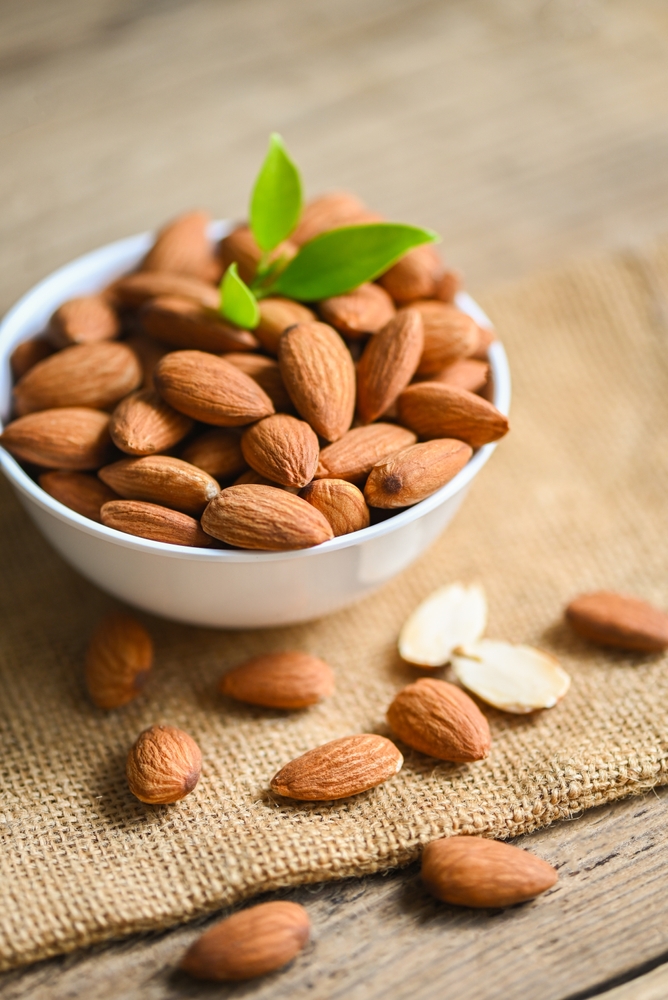
Almonds are a popular superfood rich in healthy fats, fiber, protein, magnesium, and vitamin E. They are known for promoting heart health by helping to lower cholesterol levels and reducing the risk of heart disease. Almonds are also rich in antioxidants, which protect cells from oxidative stress. The high magnesium content in almonds may help control blood sugar levels, making them beneficial for people with type 2 diabetes. Their fiber and protein content can also help with weight management by promoting satiety. Almonds make an easy, nutritious snack or can be added to salads, oatmeal, or smoothies.
Kale
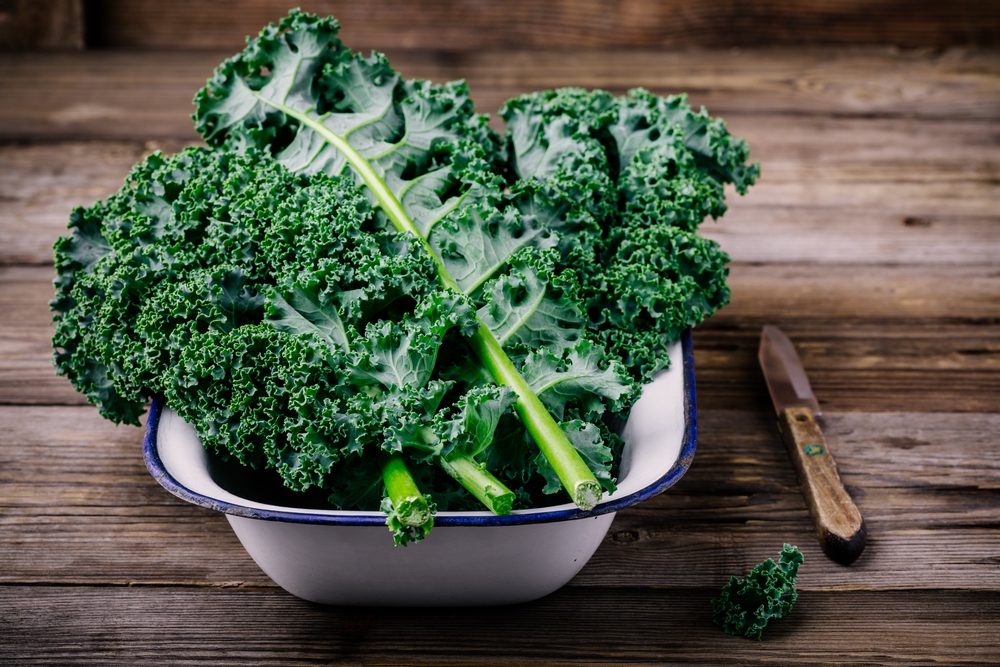
Kale is another dark leafy green packed with vitamins A, C, and K, as well as antioxidants like quercetin and kaempferol. These nutrients work together to reduce inflammation and lower the risk of chronic diseases. Kale is also rich in fiber, supporting digestive health and weight management. It contains compounds that may help detoxify the liver and support overall body detoxification. Kale is low in calories but high in important micronutrients, making it a great addition to any meal. Whether used in salads, smoothies, or soups, kale offers numerous health benefits.
Garlic
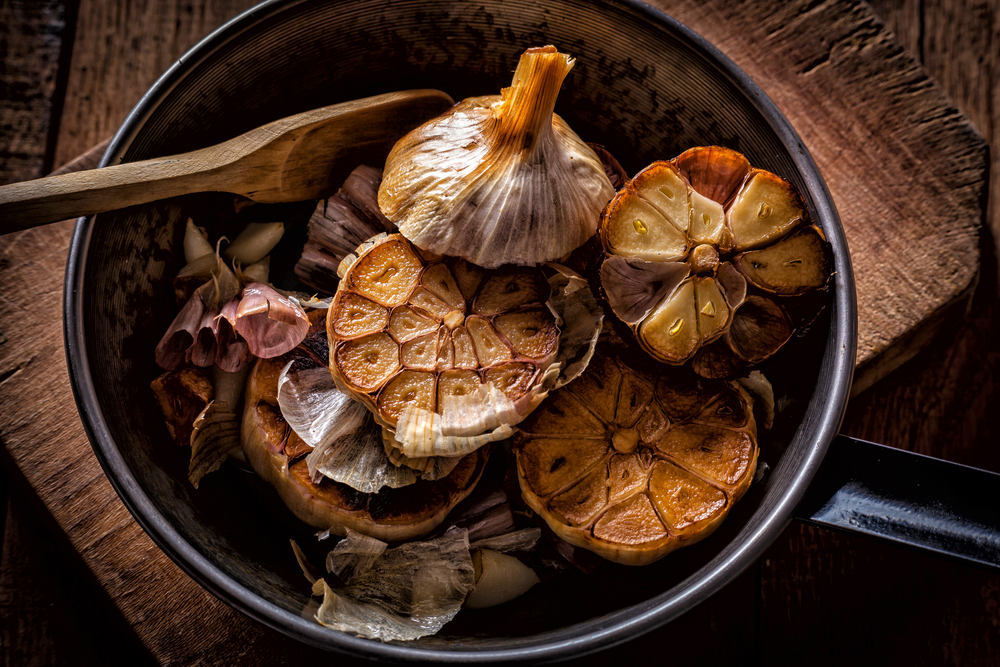
Garlic is a powerful superfood known for its medicinal properties, thanks to its sulfur compounds, particularly allicin. These compounds have been shown to reduce blood pressure and cholesterol levels, promoting heart health. Garlic is also rich in antioxidants, which help protect the body from oxidative damage and support the immune system. Regular consumption may reduce the risk of certain cancers due to its anti-inflammatory and antibacterial properties. Garlic has also been linked to improved bone health, especially in women. It’s easy to incorporate into your diet through cooking or as a raw addition to salads and dressings.
Turmeric
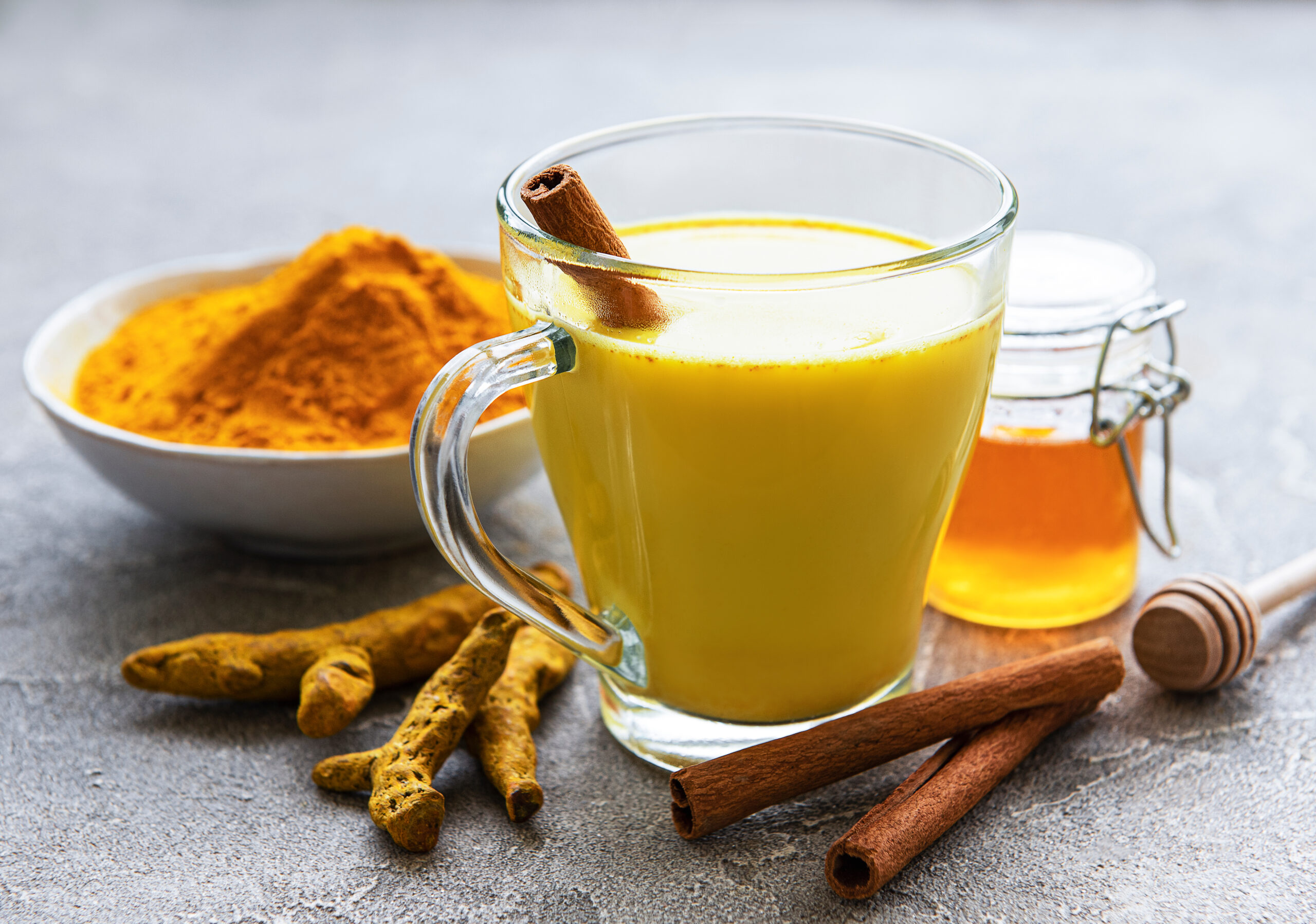
Turmeric, a vibrant yellow spice, is known for its potent anti-inflammatory and antioxidant properties, primarily due to curcumin. This compound has been extensively studied for its ability to reduce inflammation and may help in managing conditions like arthritis and digestive disorders. Turmeric is also linked to improved brain function and a lower risk of brain diseases such as Alzheimer’s. Its antioxidant properties help neutralize free radicals, reducing oxidative stress and the risk of chronic diseases. Turmeric can be added to a variety of dishes, including curries, soups, and smoothies. Combining turmeric with black pepper enhances curcumin absorption in the body.
Dark Chocolate

Dark chocolate, particularly varieties with 70% or higher cocoa content, is rich in antioxidants like flavonoids. These compounds help improve heart health by reducing blood pressure and improving blood flow. Dark chocolate is also known for its mood-boosting properties due to the release of endorphins and serotonin. It can help reduce inflammation and lower the risk of heart disease by improving cholesterol levels. The magnesium in dark chocolate promotes relaxation and supports muscle and nerve function. Consuming dark chocolate in moderation can provide health benefits while satisfying your sweet tooth.
Greek Yogurt

Greek yogurt is an excellent source of protein, calcium, and probiotics, which support digestive health by promoting the growth of beneficial gut bacteria. It contains nearly twice the protein of regular yogurt, making it a great option for muscle repair and growth. Greek yogurt is also rich in B vitamins, particularly B12, which is essential for energy production and brain health. Its probiotics help boost the immune system and reduce the risk of infections. The calcium in Greek yogurt supports bone health and may help prevent osteoporosis. It can be eaten plain or added to smoothies, granola, or fruit bowls.
Pomegranates
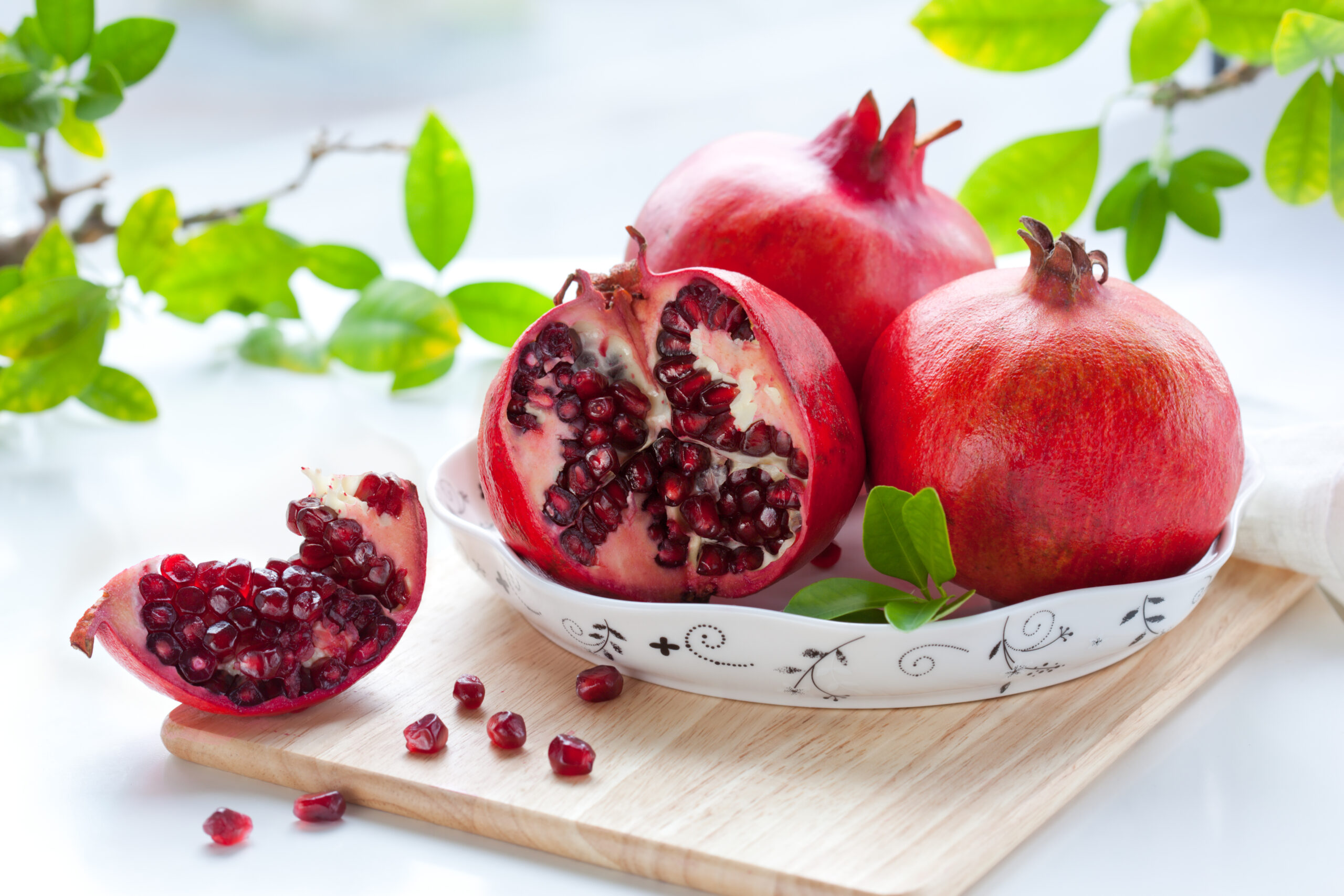
Pomegranates are packed with powerful antioxidants called punicalagins and anthocyanins, which have been shown to reduce inflammation and oxidative stress. These antioxidants also support heart health by improving cholesterol levels and reducing the risk of atherosclerosis. Pomegranates are also rich in vitamin C, boosting the immune system and promoting healthy skin. Their anti-inflammatory properties may help reduce the risk of chronic diseases such as cancer and arthritis. Pomegranate juice has been linked to improved memory and cognitive function. The seeds and juice are easy to incorporate into salads, smoothies, or as a topping for yogurt.
Walnuts
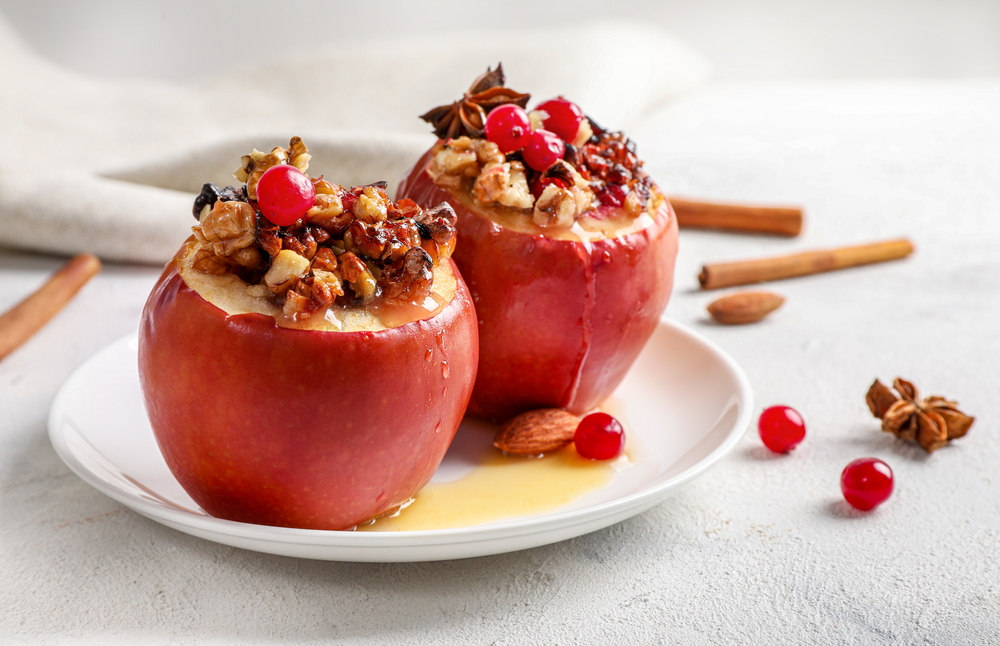
Walnuts are a nutrient-dense nut rich in omega-3 fatty acids, which are beneficial for heart and brain health. They contain antioxidants and polyphenols that help reduce inflammation and oxidative stress, protecting cells from damage. Walnuts are also a good source of plant-based protein and fiber, supporting digestion and promoting a feeling of fullness. Their healthy fats may improve cholesterol levels and reduce the risk of heart disease. Walnuts have also been linked to improved cognitive function and may help reduce the risk of neurodegenerative diseases. Adding walnuts to your diet is simple, whether in salads, oatmeal, or as a snack.
Beets
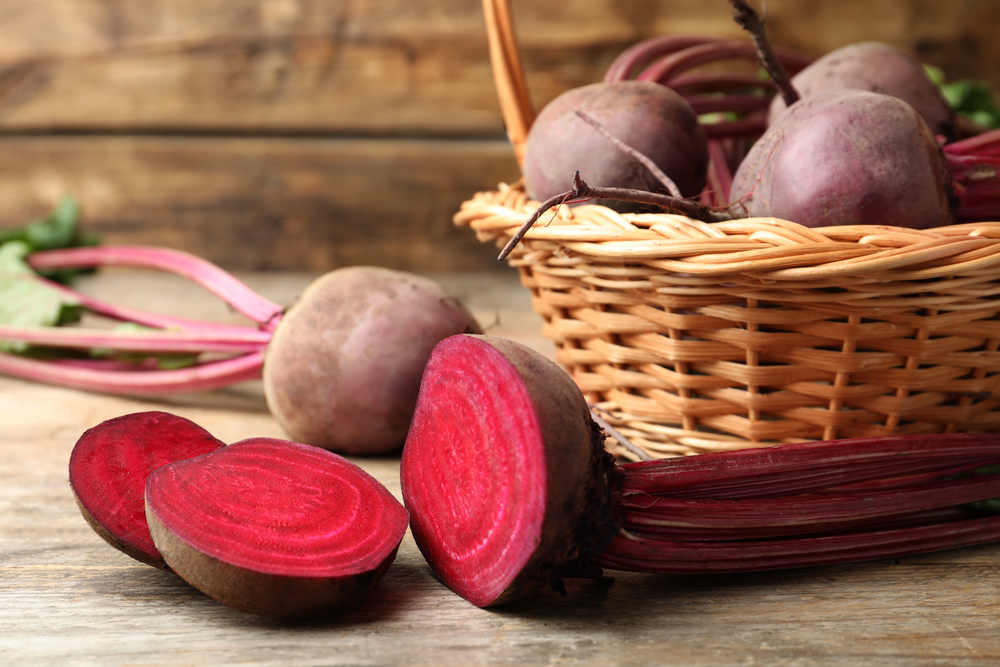
Beets are a vibrant root vegetable rich in essential nutrients like folate, manganese, potassium, and iron. They are particularly known for their ability to improve blood flow and lower blood pressure due to the presence of nitrates, which convert to nitric oxide in the body. Beets are also a great source of fiber, supporting digestive health and helping to regulate blood sugar levels. Their antioxidants, including betalains, help reduce inflammation and protect against oxidative stress. Beets can boost athletic performance by improving oxygen use during exercise. They can be roasted, juiced, or added to salads for a nutritious boost.
Lentils

Lentils are a legume that provides a high amount of plant-based protein, making them an excellent choice for vegetarians and vegans. They are also rich in fiber, which supports digestive health and helps regulate blood sugar levels. Lentils contain a wide range of essential nutrients, including iron, folate, and magnesium, all of which contribute to energy production and muscle function. Their high antioxidant content helps protect the body from chronic diseases such as heart disease and cancer. Lentils are versatile and can be used in soups, salads, and stews. They are also known to promote satiety and help with weight management.
Flaxseeds
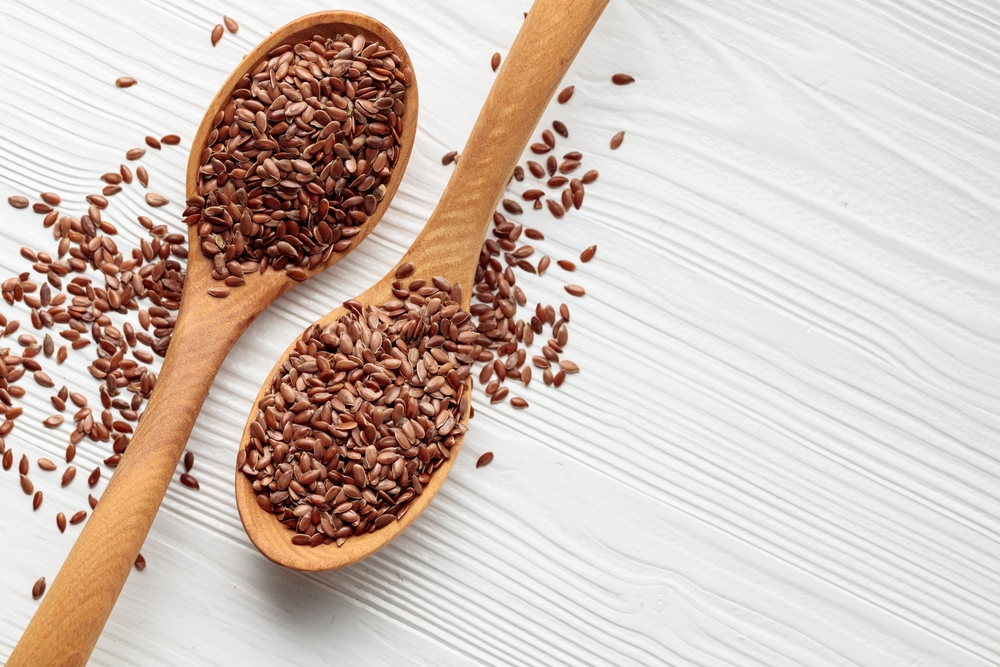
Flaxseeds are a rich source of omega-3 fatty acids, fiber, and lignans, compounds that have antioxidant properties. These nutrients work together to reduce inflammation, lower cholesterol levels, and improve heart health. Flaxseeds are also known for their ability to regulate digestion and promote gut health due to their high fiber content. They may help reduce the risk of breast cancer due to their phytoestrogen content, which mimics estrogen in the body. Flaxseeds are easy to incorporate into your diet by adding them to smoothies, oatmeal, or baked goods. They can also help stabilize blood sugar levels.
Green Tea

Green tea is a popular beverage rich in antioxidants like catechins, which have been shown to improve brain function, promote fat loss, and lower the risk of heart disease. It contains bioactive compounds that boost metabolism and enhance fat burning, making it a popular choice for weight management. Green tea also has anti-inflammatory and antimicrobial properties, which can improve overall health and reduce the risk of chronic diseases. Its high content of polyphenols helps protect cells from oxidative damage and supports skin health. Drinking green tea regularly may also improve mental clarity and reduce the risk of neurodegenerative diseases.
This article originally appeared on RetailShout.
More From RetailShout
29 Simple Sides That Steal the Show at Dinner

When it comes to dinner, sometimes the side dishes are what really make the meal memorable. We all love a good main course, but a well-crafted side can steal the spotlight and elevate the entire dining experience. Let’s check these recipes that will surely make your dinner a hit. Read More.
19 Misconceptions About Food Safety Practices Dispelled

When it comes to food safety, there’s a lot of advice floating around that just isn’t true. Sometimes, we pick up habits from friends or family that seem harmless, but they might actually be putting us at risk. Read More.
17 Superfoods That Enhance Brain Function

Boosting your brainpower doesn’t have to be complicated or expensive. It’s all about making some simple, tasty additions to your daily diet. Imagine foods that not only satisfy your taste buds but also sharpen your mind and improve memory, sounds pretty awesome, right? Read More.






